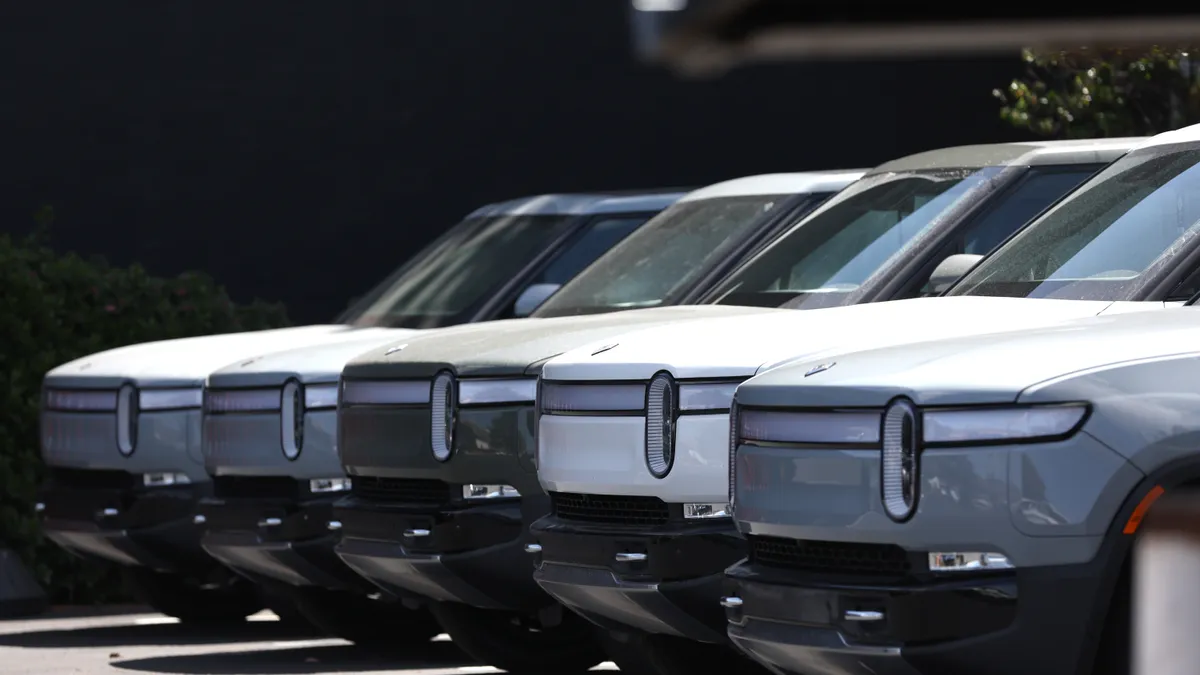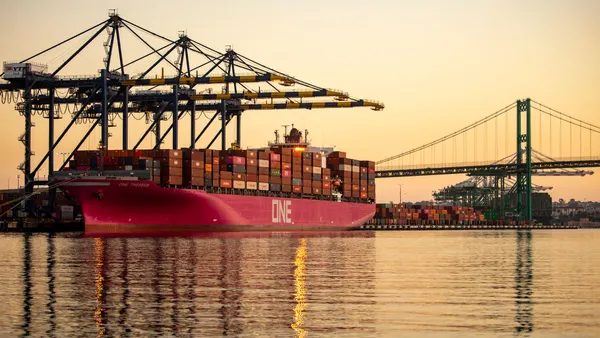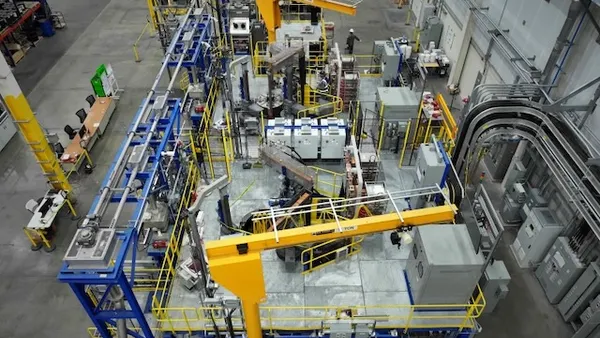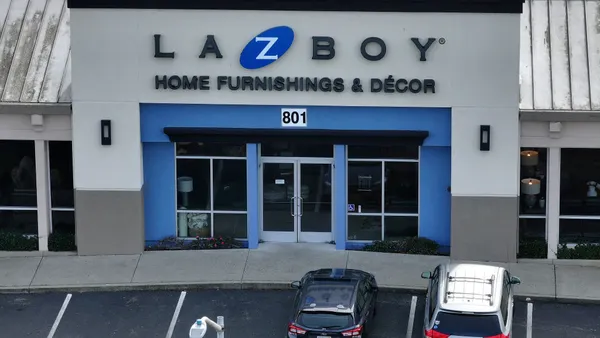Dive Brief:
- Electric vehicle maker Rivian missed its manufacturing targets for 2022, producing 24,337 vehicles during the year against an annual goal of 25,000, as supply chain challenges weighed on the company.
- The company produced 10,020 vehicles at its manufacturing facility in Normal, Illinois during the fourth quarter, according to a press release. Throughout the year as a whole, it delivered 20,332 vehicles of those produced to customers.
- CEO RJ Scaringe cited the global supply chain crisis for the missed targets and said 700 vehicles were awaiting parts or for work to be completed at the end of the year, according to an email obtained by the Wall Street Journal. The company did not reply to Supply Chain Dive’s request for comment.
Dive Insight:
Prior to the close of 2022, Rivian executives were confident they would make their targets for vehicles despite a challenging supply chain environment for the auto industry.
“The supply chain continues to be our largest source of uncertainty as we continue to ramp production,” CFO Claire McDonough told analysts in November. “We've experienced five days of production downtime in October and November due to a lack of supply of a key component, which limited our quarter-to-date production.”
Scaringe added later in the call that the specific component and its supplier, both left unnamed, were “something we spent a lot of time working really closely with them to avoid having this happen again and have built robust contingencies to manage this risk going forward.”
The chief noted broadly that the movement within the company’s supply chain had improved over the course of the year. “But with a vehicle that has hundreds of suppliers and thousands of components coming from suppliers, it only takes one part from one supplier to stop the line,” Scaringe said.
According to the Journal’s report on Scaringe’s email to employees, supply chain issues forced Rivian to close its Normal factory for 20 days in 2022.
Rivian cites a “robust backlog” of preorders from customers as evidence of “strong demand” for its products, which include all-electric pickup trucks and SUVs. As of Nov. 7, Rivian’s preorder backlog for its R1 electric SUV totalled more than 114,000. That’s in additional to an order from Amazon for 100,000 electric commercial vans.
The company made $995 million in revenue in the first nine months of fiscal 2022, while the costs of that revenue came out to $3.1 billion. With R&D and administrative expenses, Rivian posted a $5.1 billion operating loss for the first three quarters of the year.
The company anticipates negative profits to continue in the near term as it “produces vehicles at low volumes on production lines designed for higher volumes.” Rivian expects that dynamic to reverse as production ramps up. The company is also facing pressure from inflated raw material costs, it said in its Q3 financial report.













